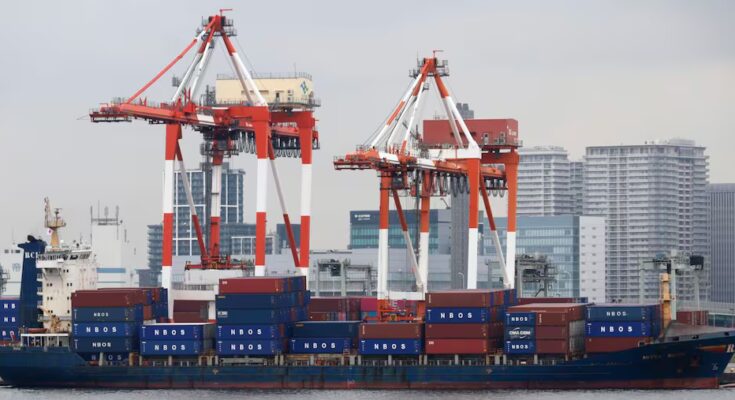From our correspondent
NEW DELHI – In the three months July to September, Japan’s economy contracted by 1.8% compared to the previous year, marking the first decline in GDP trend in the last 6 quarters. Among the determining factors behind this decline were the impact of the tariff war launched by the United States and the introduction of new regulations regarding building energy efficiency last April which had an impact on the real estate market. One of the sectors most affected was the automotive sector, which in the first half of this year recorded an increase in exports aimed at anticipating the imposition of import duties by the United States.
However, the data released on Monday morning was better than expected. In recent days, economists asked to make estimates have indicated an average contraction of 2.4% or 2.5 percent. Compared to the three months of April-June where economic growth was 2.3% yoy, the third quarter of 2025 showed a contraction of 0.4 percent.
According to analysts, the GDP figures should not signal a recession. This is partly because the decline turned out to be less pronounced than expected, and partly because the two main driving factors are thought to be temporary. Last September, Japan and the United States signed a trade agreement that lowered tariffs from 27.5 percent (for autos) and 25 percent (for various other products) to a more manageable 15 percent. Meanwhile the real estate sector will have to gradually reabsorb the summer slowdown associated with the new regulatory framework. Consumption, which remained basically stable (+0.1%, slowing compared to +0.4% in the previous quarter), was unable to dampen negative factors.
On the monetary policy side, GDP contraction means the next rate hike is likely to occur in the first months of 2026 and not in December. Given the decline, “it would be wrong if the Bank of Japan decided to raise the cost of money,” the Bank of Japan wrote in a report. chief economist by Credit Agricole Takuji Aida. Aida’s statement was followed with caution because she is part of the commission that advises Prime Minister Sanae Takaichi on economic policy.



